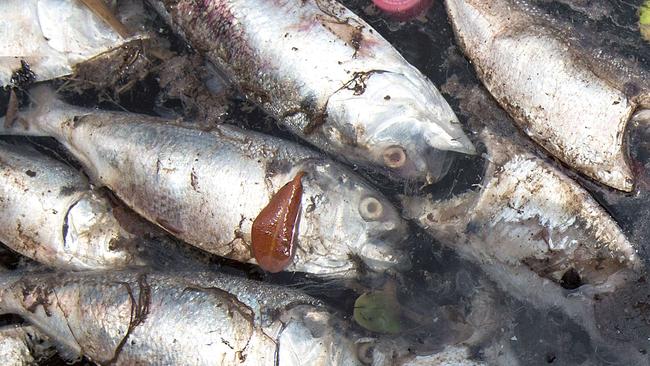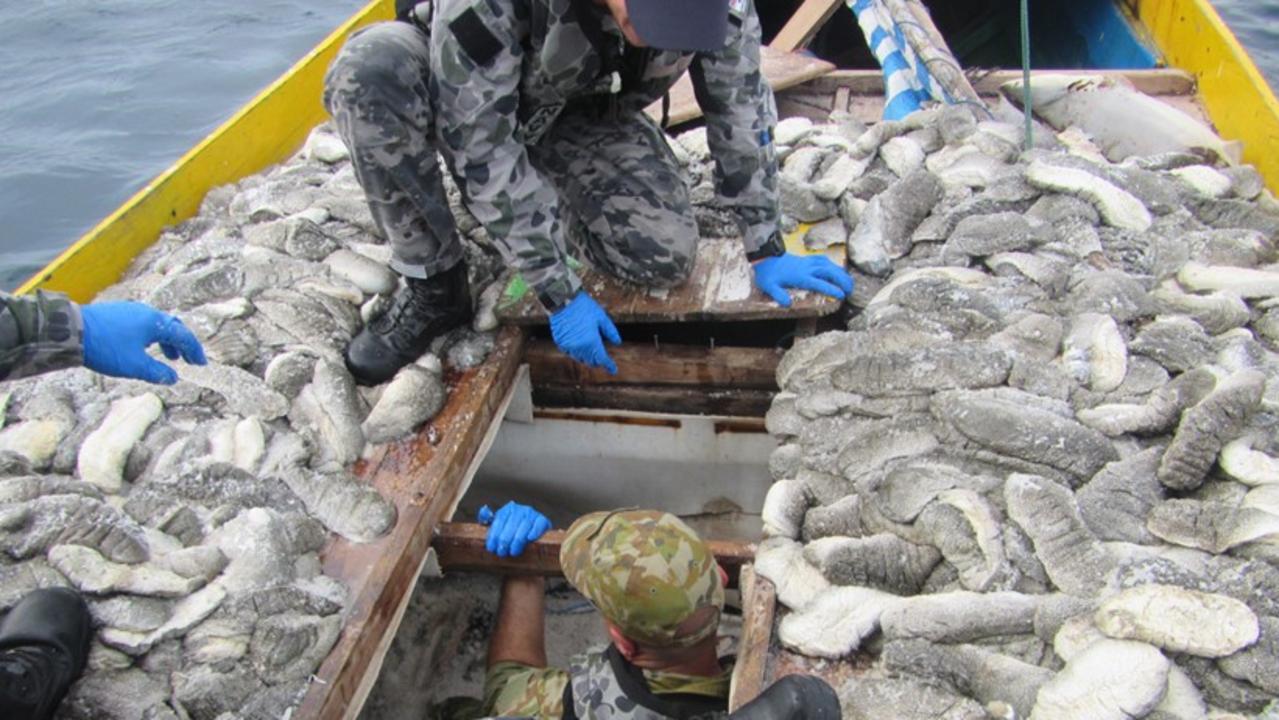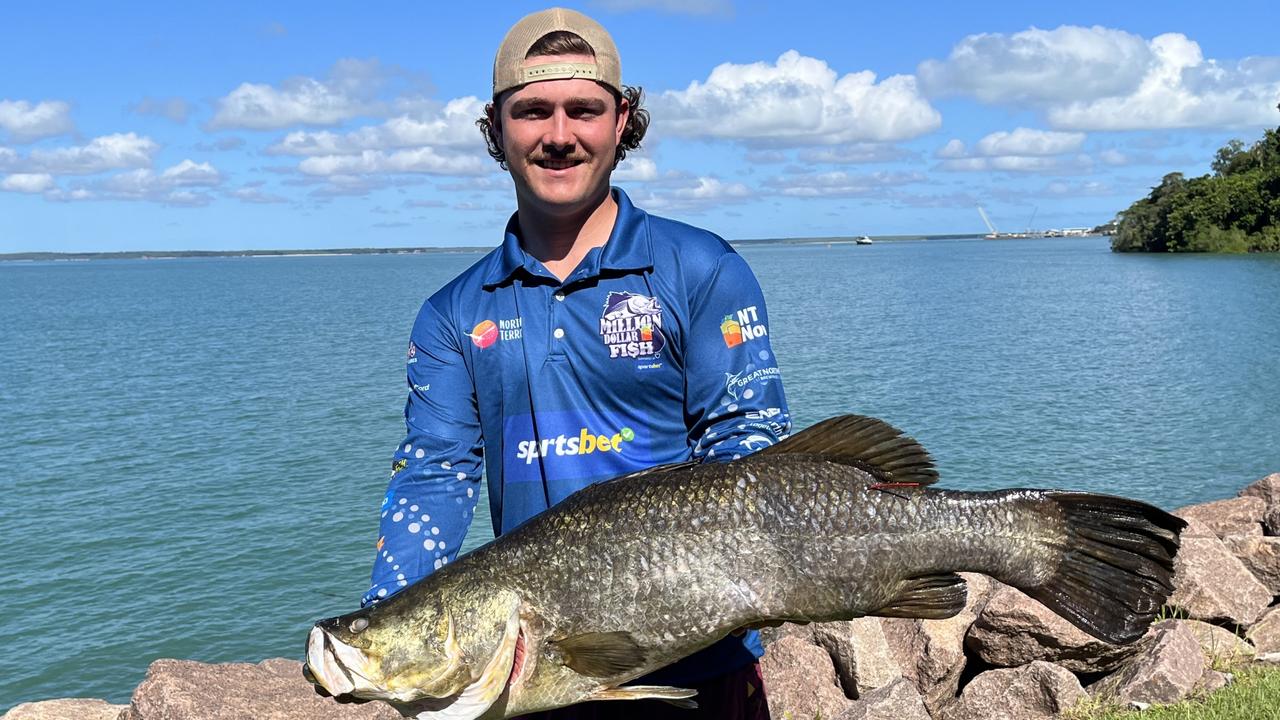Pollution fears as dead fish clog Olympics bay
Experts are at a loss to explain why thousands of dead fish have begun washing up in the polluted Rio bay that will host sailing events at the 2016 Olympics.

Fishing
Don't miss out on the headlines from Fishing. Followed categories will be added to My News.
Experts are at a loss to explain why thousands of dead fish have begun washing up in the polluted Rio bay that will host sailing events at the 2016 Olympics.
Guanabara Bay has already been the subject of concern among sailors who are to compete in Rio because of the human sewage that is pumped into its waters.
The International Olympic Committee has expressed confidence that Guanabara will be fit for its purpose by the time of the Games. But the recent appearance of thousands of dead fish, and the foul stench of their rotting carcasses, has attracted further scrutiny with the Olympics less than two years away.
Scientists are baffled by the phenomenon but say there is no evidence so far to suggest pollution is the cause.
The foul odour first took over the usually peaceful Paqueta Island, where cars are banned and the population of 4500 people travels on horseback or bicycle among the only baobab trees in Brazil.
With the help of a bulldozer, a municipal company has removed 20 tonnes of dead sabalo fish – from the Clupeidae family of herrings and sardines – as well as four dead sea turtles.
“Tests showed that this is not a matter of chemical or toxic water pollution,” Rio do Janeiro State University oceanographer David Zee said.
Leandro Daemon of the National Institute for the Environment agreed that water testing had not identified any toxic chemicals or any unusual change in the water’s pH (potential of hydrogen), salinity or oxygen.
“We have no answer yet about what happened, but we can certainly exclude the hypothesis of a chemical pollution killing the fish,” he said.
But not everyone is so sure.
Worried fishermen and islanders are pointing the finger at the petrochemical activities of state giant Petrobras.
“We want to know why so many fish have died. The rotten smell is horrible and there are many flies on the island. The authorities tell us nothing,” said Vilma Leocadio of the Paqueta citizens’ association.
“We are afraid, we do not bathe in the sea any more and do not buy fish here.”
Five of the fish were sent to the Federal University of Rio de Janeiro’s biology department for analysis, and the results will be announced this week.
Experts want to know if there are any signs of pollution or disease in the entrails or gills.
One hypothesis is that the culprit is predatory fishing.
But another scenario is that the deaths are caused by warmer waters.


